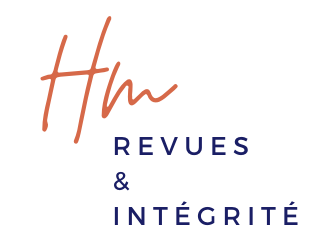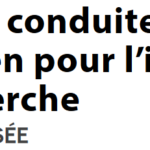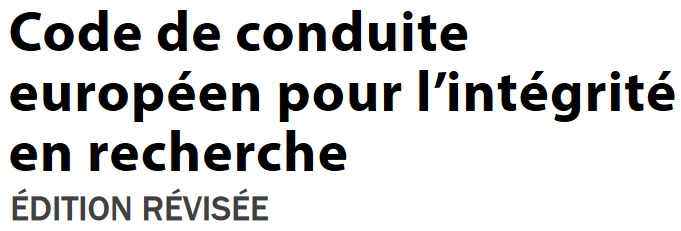La préface précise qu'il s'agit d'un guide sur les "valeurs fondamentales pour faire des recherches et communiquer les résultats des recherches." Il s'agit de promouvoir l'intégrité des recherches, si besoin est !!! Les revues sont concernées par les recommandations. Ce rapport de 62 pages doit tous nous intéresser, et il a été publié en octobre 2012 par IAP (Inter Academy Panel) : un rapport conjoint avec InterAcademy Council (IAC), basé en Hollande, et IAP, basé à Trieste, Italie. IAP est le réseau des 105 Académies des Sciences, créé en 1993 et hébergé en Italie par TWAS.
Il y a 6 millions de chercheurs dans le monde et ils dépensent 1,3 trillions de $. Les cas de fraude scientifique sont rappelés, des recommandations proposées, ainsi que les valeurs fondamentales de la recherche : Honesty, Fairness, Objectivity, Reliability, Skepticism, Accountability, Openess.
Dans la préface, il y a des messages : "Research institutions need to establish clear, wellcommunicated rules that define irresponsible conduct and ensure that all researchers, research staff, and students are trained in the application of these rules to research. They should establish effective mechanisms for addressing allegations of research misconduct. Research institutions also need to create an environment that fosters research integrity through education, training, and mentoring and by embracing incentives that deter irresponsible actions." En bref, ce rapport est contre la fabrication, la falsification et le plagiat des données, étonnant NON !
La rapport est bien fait, avec de nombreuses recommandations dont je retiens celles qui intéressent les revues :
- “Peer reviewers need to assess proposed publications fairly and promptly, with full disclosure of conflicts of interest or bias.”
- “Researchers should agree in the early stages of a research project as to who will be listed as author in publications emerging from that project and the criteria for determining the order of authors.”
- “Researchers need to communicate the policy implications of their results clearly and comprehensively to policy makers and the public—including a clear assessment of the uncertainties associated with their results—while avoiding advocacy based on their authority as researchers.”
- "Journals should use technological means to protect the integrity of the research literature. They should make retractions visible so that retracted papers are not used or cited. Both authors and journals should take steps to avoid duplicated publications that readers expect to be original and should refrain from citations designed only to boost the journal’s impact factor."
Un beau rapport à diffuser à nos présidents d'universités, nos doyens, nos comités d'éthique, et à tous les comités….



